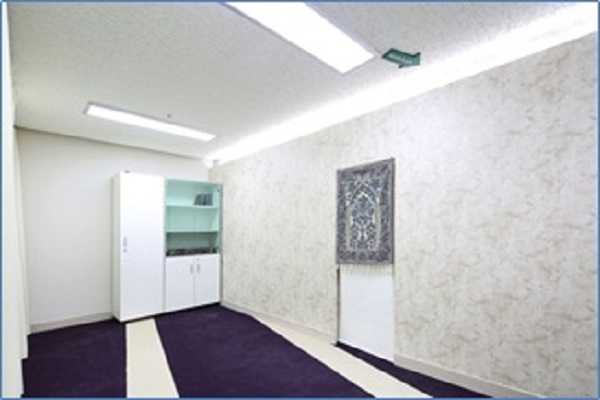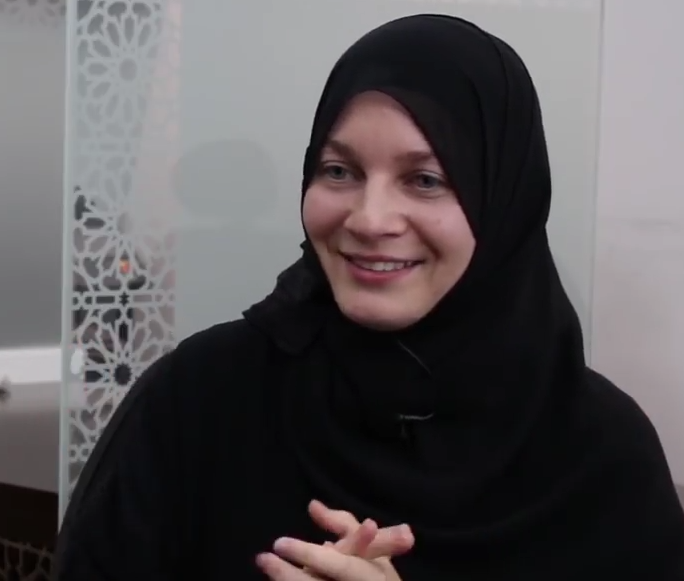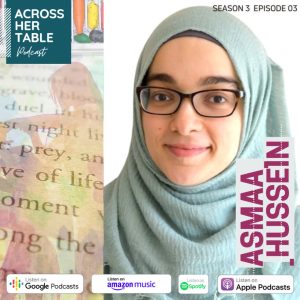According to Rahyafte(the missionaries and converts website)Some are still awake from an all-nighter they pulled for their exams, or a sleepless night laying in bed with one exciting thought on their minds: Suhur.
It’s a familiar parallel that jolts each of these tired-eyed students to begin eating their pre-dawn meals of cereal, ramen noodles or dinner leftovers before they begin to fast for the remainder of the day until sunset falls at 8 p.m. Although the food is vital, community is equally important.
On March 22, the University of Georgia’s Muslim Student Association brought a piece of legislation to the Student Government Senate to extend dining hall hours during April, the month of Ramadan. There was unanimous approval from the SGA senate to extend hours for Suhur and also Iftar, when fasting ends at sunset.
But this is merely a small stepping stone to instill this legislation, according to first year SGA senator, MSA member and organizer of the legislation Alimata Bah. Now, Bah is in talks with dining hall services to propose the legislation to them.
“I’m very aware there is a shortage of staff but I believe that this is something that is a duty of the institution in order to accommodate for Muslim students and other minorities who are on campus,” Bah said.
Students who do not have a meal plan will not be able to utilize the campus dining halls during Ramadan, according to Bah. They will have to pay to enter or use swipes on their UGA ID card.
There are no further details on the technicalities of legislation yet, such as hours, if kitchen staff will be present during Iftar and Suhur times or if the meals will be packaged or fresh buffet-style.
Ramadan is the 30-day fasting period for Muslims. This year from April 2 to May 2, or when the sighting of the crescent moon is observed, Muslim communities around the world will abstain from eating or drinking every day from sunrise to sunset.
Muslims dedicate their time to praying five times a day while connecting with the religion and community.
Bolton is open from 7 a.m. to 10 p.m. Monday through Friday and 8:30 a.m. to 10 p.m. on Saturday and Sunday. Other popular dining commons keep similar hours. The only dining hall open somewhat late is Snelling — it is open 24/7 from Monday to Thursday, but has limited hours on Friday and is closed on the weekend.
UGA spokesperson Rod Guajardo said the university already accommodates the campus community with a variety of meal options for cultural and religious observances.
“Several dining halls, including Bolton Dining Commons, Oglethorpe Dining Commons, Snelling Dining Commons and Village Summit Dining Commons are open before and after normal business hours. Additionally, the Bulldog Box program operated through Dining Services allows students, faculty and staff an opportunity to take with them a meal of their choice from all campus dining halls in a reusable, to-go container allowing patrons to enjoy their meal at a time that is convenient for them,” Guajardo said in an email to The Red & Black.
“Suhur and Iftar are a beautiful part of this whole social aspect of Ramadan where people come together to feed each other, love each other and pray together. These are all things that at this impressionable age, that part of Ramadan is taken away from you because we’re at UGA and we just don’t have that type of life or it’s not an option,” UGA MSA president Raafay Syed said.
“This is going to be extremely beneficial especially for students who are dependent on the dining hall. Honestly, for college students who are dealing with multiple classes and extracurriculars like myself, I don’t have a lot of time to make sure that I can cook for myself or prepare something for a certain time – especially to wake up so early to do that,” Syed said. “If dining halls are not an option, that is quite detrimental, not only to the schedules of all Muslim students, but also their spiritual and mental health.”
Bah created a google form survey led by the hashtag #RiseUpForRamadan which racked up around 200 responses from UGA Muslim students. Bah doesn’t currently think that UGA is accessible for Muslim students, especially during Ramadan.
“The link shared by the Muslim Student Association directs users to a questionnaire, not a petition, created by a UGA student and first-year senator with the Student Government Association requesting feedback for a possible piece of legislation,” Guajardo said. “We respect the SGA democratic process to bring forward legislation on topics that impact the campus community. We look forward to reviewing the proposal after it goes through the proper SGA and university channels.”
“I think for [UGA] to deny food for others [during Ramadan] — especially students who have gone to classes and are doing all their extracurriculars — it’s fundamentally wrong. An extension of dining hall hours is the easiest alternative for UGA to provide fasting students food,” Syed said.
Nonetheless, Syed described this as a “historical event” and one of the first times that UGA sees an issue with the fasting Muslim community, and wants to help.
There are also no set guidelines or alternatives for fasting Muslim students when it comes to classes. During Ramadan, regular schedules ensue, such as attending in-person classes and there are no written rules about offering assignment extensions or accommodations.
Some professors are able to offer alternative options or excuses for students from class, but there’s not always an understanding or compromise that can be guaranteed.
As sunset, otherwise known as Iftar, is around 7:20 p.m., many students will still be in classes when it’s time to break their fast.
“I’m in a lab that goes until 7:30 p.m. – I know that’s going to kill me,” Syed said.
Source: redandblack.com




















